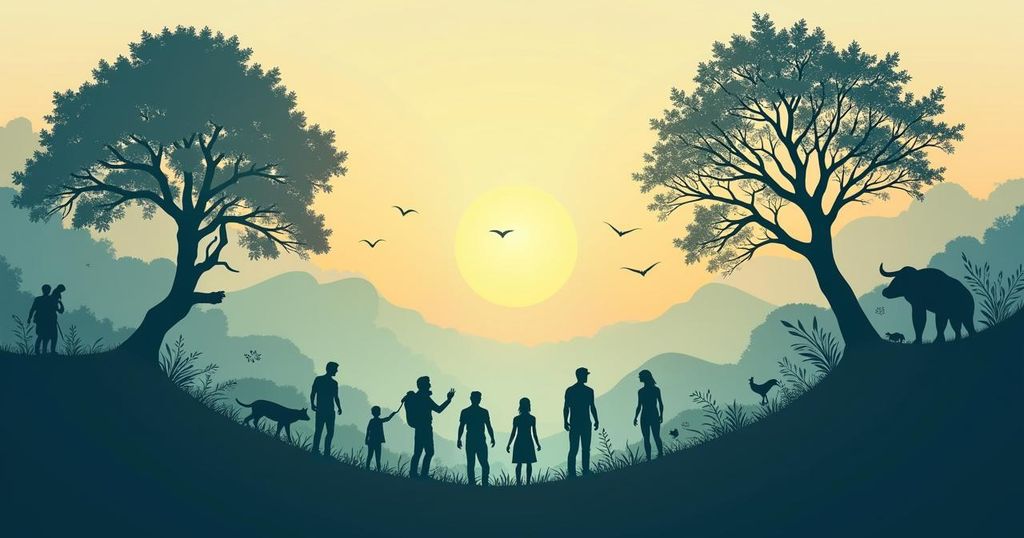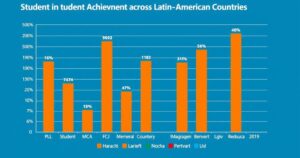WWF Reports Catastrophic Decline in Global Wildlife Populations

The WWF reports a shocking average decline of 73% in global wildlife populations over the past 50 years due to human activities. The Living Planet Report indicates that critical habitats are facing collapse, with significant declines noted in species such as the Amazon pink river dolphin. While some conservation successes exist, they are overshadowed by widespread habitat destruction. Urgent action is needed to avert further biodiversity loss, especially as world leaders prepare for the UN Biodiversity Conference to tackle these pressing issues.
The World Wide Fund for Nature (WWF) has announced alarming findings regarding the decline of global wildlife populations, stating that human activities have led to a staggering 73% average decrease in wildlife numbers over the past 50 years. This unsettling revelation is highlighted in the Living Planet Report, which compiles data from over 5,000 species, including birds, mammals, amphibians, reptiles, and fish. The report indicates that crucial habitats, such as rainforests and coral reefs, are teetering on the brink of collapse due to rampant habitat loss, pollution, climate change, and other human-induced threats. Among the most shocking statistics, the report notes that 60% of the Amazon’s pink river dolphin population has been decimated due to pollution and other environmental pressures. Despite instances of successful conservation efforts, such as the slight increase in mountain gorilla populations in East Africa, these positive developments are overshadowed by widespread habitat destruction. The lead author of the report, Mike Barrett, emphasizes the urgency of the situation, warning that continued human actions regarding food production and consumption are exacerbating the loss of natural habitats. He urges individuals not only to feel sorrow for nature’s decline but to recognize the profound threat this poses to humanity. WWF UK’s head, Tanya Steele, reiterates the need for swift action, highlighting the interconnectedness of healthy ecosystems with human health and well-being.
The Living Planet Report serves as a critical evaluation of biodiversity trends across the globe, assessing how human activities impact wildlife and natural ecosystems. Recent years have witnessed increasing concerns over nature losses, primarily attributed to deforestation, pollution, invasive species, and climate change. As countries gear up to address these urgent matters at international conferences, the WWF’s findings underscore the necessity for immediate, collective action to arrest the decline in biodiversity and restore natural habitats, which are essential for sustaining life on Earth.
The WWF’s recent findings present a stark warning about the critical state of global wildlife populations and the habitats on which they depend. As conservationists call for urgent action to reverse these trends, it is essential to recognize that safeguarding nature is fundamentally linked to human survival and well-being. The upcoming United Nations Biodiversity Conference serves as a vital platform for global leaders to commit to restoring and protecting the world’s natural treasures, ensuring a sustainable future for all.
Original Source: www.bbc.com








